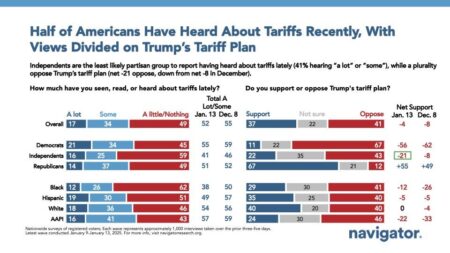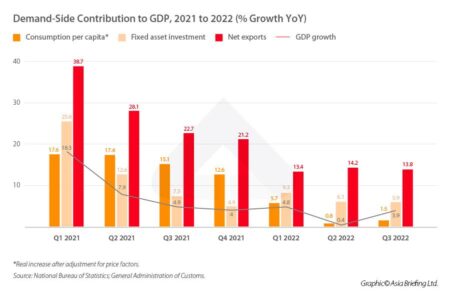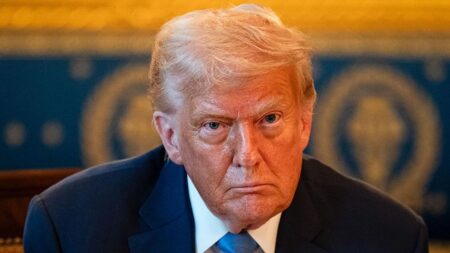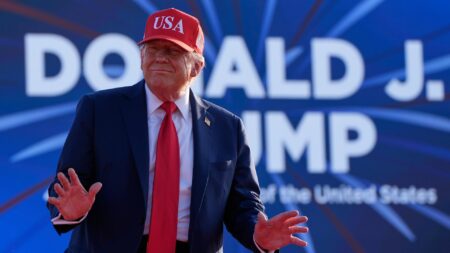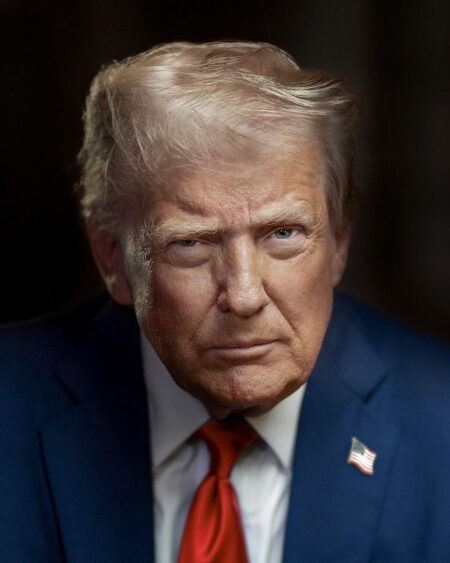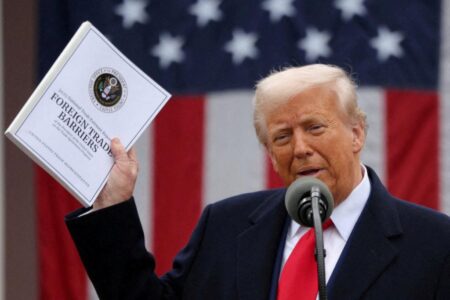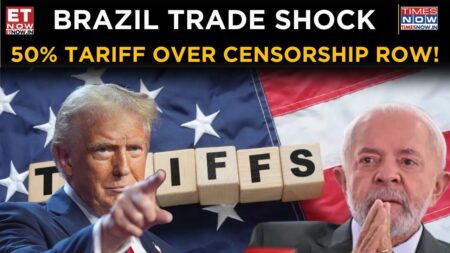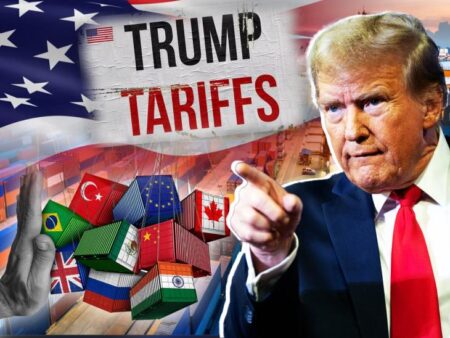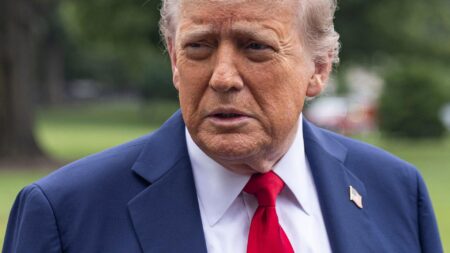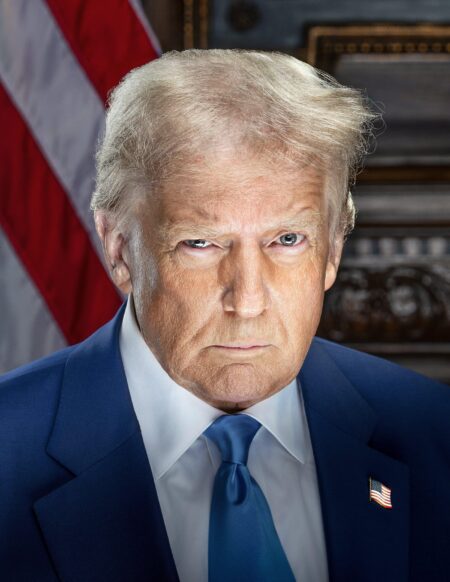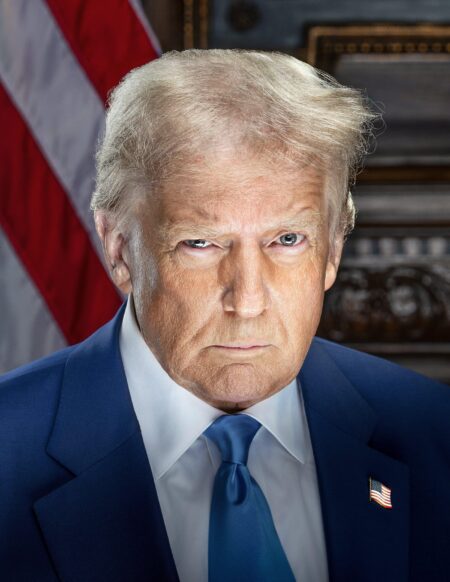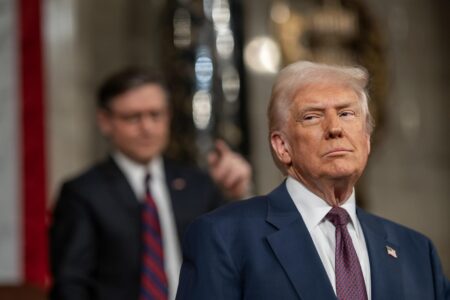The U.S. Trade Representative has launched a Section 301 investigation into Brazil, signaling potential trade actions over alleged unfair practices. This inquiry will assess the impact on American industries, Bloomberg reports
Browsing: trade policy
The Trump administration’s move to slap a 35% tariff on Canadian goods has ignited fierce tensions between the U.S. and Canada, pushing trade relations to a breaking point and sending shockwaves through industry leaders on both sides
Finance Minister Carney has launched a dynamic new aid package aimed at strengthening Canada’s steel industry and safeguarding workers affected by the U.S. tariffs imposed during the Trump administration, emphasizing steel as the essential backbone of our economy
Brazil is actively engaging with U.S. officials to prevent looming tariffs that threaten crucial exports. These high-stakes talks aim to protect smooth trade flows and reinforce the strong economic ties between the two nations
China’s economy continues to surge forward, demonstrating remarkable resilience despite the tariffs imposed by the Trump administration. Experts highlight booming exports and vibrant domestic demand as the key engines fueling growth amid ongoing trade tensions
U.S. tariffs put in place during former President Trump’s administration are disrupting Brazil’s trade ambitions, leaving President Bolsonaro and the Brazilian right facing a challenging dilemma: how to drive economic growth while navigating strained relations with the U.S
Former President Trump delivers a bold ultimatum: if a deal to end the Ukraine war isn’t struck within 50 days, he will unleash tariffs on Russia, intensifying pressure amid the ongoing conflict, CBS News reports
The U.S. has hit Brazilian goods with a hefty 50% tariff, citing economic concerns and escalating tensions linked to the trial of former ally Jair Bolsonaro, ramping up the trade battle between Washington and BrasÃlia
President Trump has announced a bold new 25% tariff on imports from Japan and South Korea, kicking in on August 1. This striking move aims to tackle trade imbalances amid rising tensions with some of America’s closest allies
Brazil has limited options to dodge the U.S. tariffs imposed during the Trump era, but surprisingly, the nation is handling the challenge far better than expected. Backed by robust trade agreements and a wide variety of exports, Brazil is effectively softening the economic blow, Reuters reports
President Trump’s bold decision to impose a 50% tariff on Brazilian imports signals a striking new era in trade policy, boldly declaring that no market or nation is beyond the reach of U.S. tariffs, Bloomberg reports
President Trump has announced a striking 35% tariff on Canadian goods, scheduled to kick in on August 1. He warned that even steeper tariffs could be imposed if Ottawa retaliates, escalating the fierce trade showdown between the U.S. and Canada
Economists are raising urgent concerns about Trump’s new tariff on Brazil, warning it sets a “scary precedent” despite the U.S. enjoying a trade surplus with the country. This bold action ignites fears of escalating trade conflicts and sparks anxiety over potential retaliatory measures
Former President Donald Trump is gearing up to impose a staggering 35% tariff on Canadian goods, intensifying the trade showdown between the U.S. and Canada, reports The Week. This daring move targets key industries, sending shockwaves through both countries
Brazil’s President Lula has fired back with a bold promise of reciprocal measures following former U.S. President Trump’s tariff announcement, signaling a potential escalation in trade tensions. This latest move underscores the ongoing challenges that continue to define Brazil-U.S. economic relations
Former President Trump’s growing frustration over Brazil’s expanding ties with the BRICS bloc is reportedly driving his threat to slap a staggering 50 percent tariff on Brazilian imports, sources tell Politico. This daring move signals a dramatic escalation in trade tensions
Former President Trump has announced daring plans to impose a staggering 50% tariff on Brazilian goods, charging the U.S. government with conducting an unyielding ‘witch hunt’ against Jair Bolsonaro. This striking decision signals a major escalation in the already tense relations between the two nations
Dow Jones futures slipped as President Trump announced new tariffs on Canada, rattling the market after the S&P 500’s recent record-breaking surge. Meanwhile, CoreWeave shares plunged amid growing investor concerns
Former President Trump has thrown his weight behind a Russia sanctions bill that could impose an eye-popping 500% tariff on India, boldly declaring, “It’s totally my option.” This daring move is igniting new fears of escalating trade tensions between the U.S. and India
Former President Trump has just unleashed a surprise shockwave with new tariffs on Brazilian imports, zeroing in on everyday staples like coffee and sugar. Experts warn these changes could disrupt your morning ritual and cause prices to skyrocket


